Global Campus of Human Rights
It is present in eight regions of the world with regional headquarters in Argentina, Armenia, Bosnia, Kyrgyzstan, Italy, Lebanon, South Africa and Thailand. Its main coordinating office is in Italy.
Global Campus of Human Rights
The Global Campus of Human Rights is an inter-disciplinary centre of excellence in Human Rights supported by the European Union. It strives to promote human rights and democratisation through higher education, specialised training programmes, research and outreach activities.
It is present in eight regions of the world with regional headquarters in Bangkok, Beirut, Bishkek, Buenos Aires, Pretoria, Sarajevo/Bologna, Venice and Yerevan. Its main coordinating office is in Venice, Italy.
Its central mission is to foster new generations of human rights defenders contributing to a world in which human dignity, equality, freedom, security, sustainable development, democracy and the rule of law are realised.

Eight regional post-graduate programmes:
ArMA Arab Master
The Arab master’s programme is taught across two campuses. While based in Lebanon, students get to spend one semester in a partner universities in Egypt, Jordan, Morocco, Palestine and Tunisia.
Academic Partners
The Arab regional programme is also growing network of academic institutions committed to the advancement of human rights education and democratic governance studies.
At its core is a group of four Arab universities, two from the Mashriq and two from the Maghreb, and their European partners from Denmark.


Saint Joseph University (USJ) was established in 1875 by the Jesuit Society and its headquarters are located in the heart of Beirut, Lebanon. It includes 13 faculties, 14 institutes, 5 colleges, 4 academic chairs, and one professional mediation centre.. It has five campuses in Beirut, three regional centres based in Tripoli, Zahle, and South Lebanon.
The Institute of Political Science, commonly referred to as “Science Po Beirut”, is one of the oldest political Science schools in the Middle East and North Africa. It started as a series of courses within the Faculty of Law as early as 1920, destined for the future civil servants of the newly established country. Then it became an autonomous Institute in 1944. It offers four master programmes in political science. As for the programme in Democracy and Human Rights, it started with a series of courses in French in 2007. Since 2015, the Institute started offering Human Rights courses in English, gradually expanding them to 60 European credits in 2017 and 120 European credits in 2020
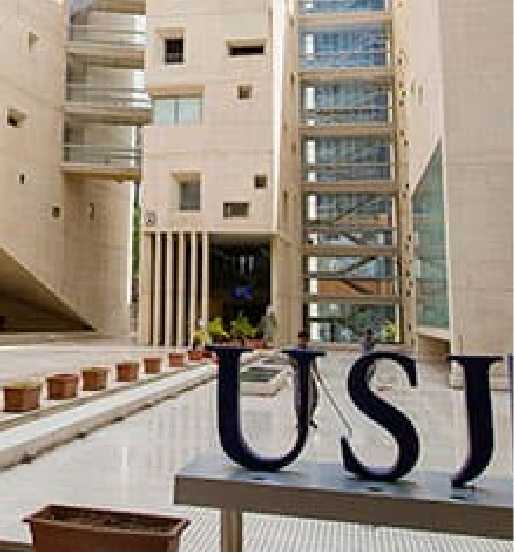
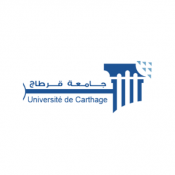
Carthage University is a public university founded in 1988 in Tunis, Tunisia. UCAR is a multidisciplinary institution placed under the supervision of the Ministry of Higher Education and Scientific Research. The university is composed of three Faculties, 19 Institutes and 11 schools, and offers more than 280 diploma in many fields such as Engineering, Law, Political Sciences, Business, Management, Technologies, Languages, Agriculture, Science, etc.
Created in 1987, the Faculty of Legal, Political and Social Sciences of Tunis, offers programmes in law and political science to high level experts, academics and practitioners. It is recognised as a pole of excellence on the scientific level and as a school of citizenship devoted to the general interest.
The Faculty of Legal, Political and Social Sciences of Tunis joined the Arab regional programme in 2016. It offers a master’s programme in Human Rights and Humanitarian Rights and a master's programme in Human Rights and Democratic Governance.
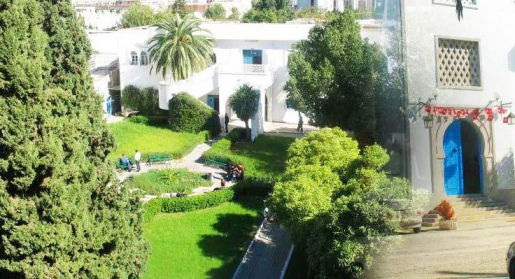

Birzeit University (BZU) is a public university located in Birzeit, near Ramallah (Palestine). Established in 1924 as an Elementary School for girls, Birzeit became a University in 1975. Birzeit University offers graduate and undergraduate programs in information technology, engineering, sciences, social policy, arts, law, nursing, pharmacy, health sciences, economics, and management. It has 9 faculties, including a graduate faculty.
Muwatin Institute for the Study of Democracy and Human Rights at Birzeit University is a founding member of the Arab Master's programme. It hosts the Arab region's oldest master's degree in Democracy and Human Rights. Its programme seeks to develop interdisciplinary research and study skills, and knowledge production and innovation related to the development of a more democratic public sphere in Palestine and the world, with a focus on the protection of human rights and human dignity.
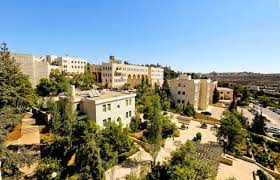
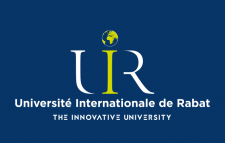
The International University of Rabat (UIR) is a semi-public Moroccan university founded in 2010. It delivers double-degrees in collaboration with foreign universities, in law, engineering, aeronautics, energy engineering, architecture, business management and political sciences.
Science Po Rabat is a founding member of the Arab Master's programme in Democracy and Human Rights. It is an institute of political studies that aims to produce high-level and multi-skilled executives through multidisciplinary programmes that fundamentals in human and social sciences (law, political science, economics, sociology, history, geopolitics, etc.). Sciences-Po Rabat is an institution open to the world with more than 200 partner universities in Europe, America, Africa and Asia.
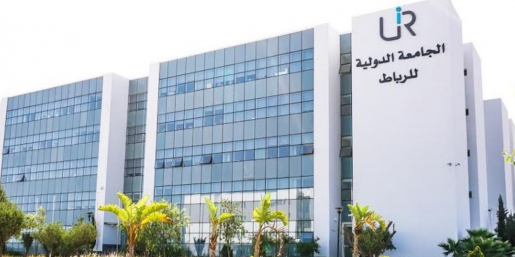
ArMA - the Arab master in Democracy and Human Rights
This postgraduate degree is taught across two campuses. All students will follow seminars and workshops in Lebanon. They will also spend a semester at one of the partner universities in Morocco, Palestine and Tunisia, but also Egypt and Jordan.
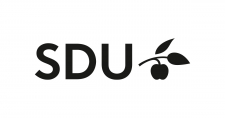
The University of Southern Denmark (SDU) was established in 1998 through a merger involving Odense University, the Southern Denmark School of Business and Engineering and South Jutland University Centre.
As a national institution the University of Southern Denmark (SDU) comprises five faculties – Humanities, Science, Engineering, Social Sciences and Health Sciences totalling 32 departments, 11 research centres and a university library. University Library of Southern Denmark is also a part of the university.
Research activities and student education make up the core activities of the university. The University of Southern Denmark also has widespread cooperation with business and industry in the region and considerable activities within continuing education. The university offers a number of degrees taught in English and has strong contacts with regional industries and the international scientific community.
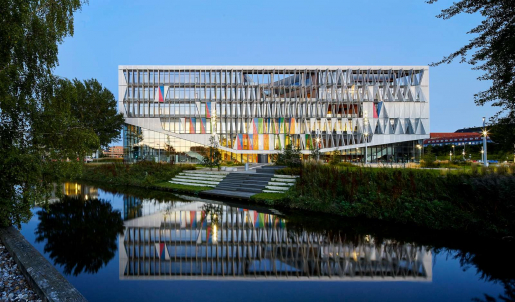
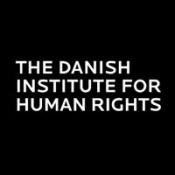
The Danish Institute for Human Rights (DIHR) is a national human rights institution (NHRI) operating in accordance with the UN Paris Principles. The DIHR was originally established as the Danish Centre for Human Rights by a parliamentary decision on 5 May 1987. The work of DIHR includes research, analysis, communications, education, documentation, as well as a large number of national and international programmes. The DIHR is a national equality body, and as such has a mandate to promote equal treatment regardless of race, ethnicity, gender and disability.
The Danish Institute for Human Rights supports the ArMA programme since its establishment in 2015. The DIHR provides scholarships for the students, teaching, including examination, by senior DIHR staff and internship in second semester countries in Jordan, Tunisia and Morocco.
In 2019, the DIHR supported the first regional workshop set up by the programme that brought together members of 7 National Human Rights Institutes from the Arab World. This training on Sustainable Development Goals and Human Rights was organised with the collaboration of OHCHR and UNDP.
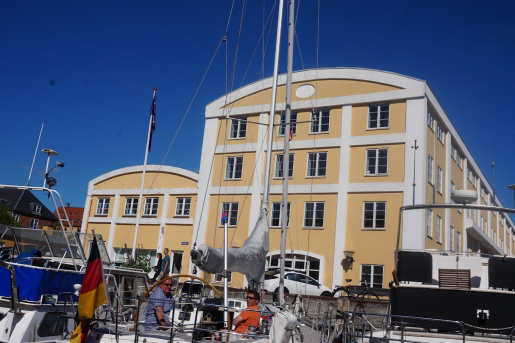

Established in 1980, the Right Livelihood Foundation (RLF) honours and supports courageous people and organisations who offer visionary and exemplary solutions to the root causes of global problems. The award it presents is widely known as the 'Alternative Nobel Prize'.
On 1st August 2019 the Right Livelihood Foundation and the Global Campus of Human Rights entered a long-term cooperation agreement on human rights education with a particular focus on the promotion and strengthening of children’s rights.
The Arab Master developed the children rights component within the programme with support of the Right Livelihood Foundation. It achieved this goal through seminars, courses, research, trainings, and projects. RLF has also joined the internship programme of the Arab Master.
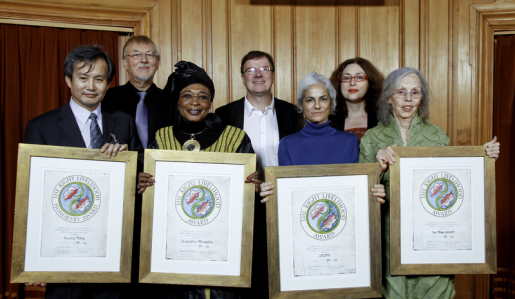
Terre des hommes (TDH) is an international children's rights charitable humanitarian umbrella organization under the aegis of the International Federation of Terre des Hommes (TDHIF), with independent organizations in Canada, Denmark, France, Germany, Italy, Luxembourg, the Netherlands, Switzerland, Spain, and Syria. It was founded in 1960 in Lausanne, Switzerland. Promoting the Convention on the Rights of a Child is an important activity of TDH. Advocating for children's rights, defending them, and spreading information are tasks which Terre des Hommes – to the aid of children considers a priority.
In 2019, the ArMA programme developed and introduced with the support of Terre des Hommes an advanced seminar on the “Access to Justice for Children and Youth”, and the notion of “Restorative Justice applied to Children”. Terre des Hommes also joined the internship programme of the Arab Master.
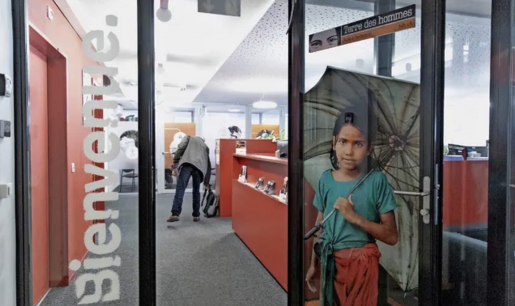

Act for the Disappeared (ACT) is a Lebanese human rights association founded in 2010. Its mission is to contribute to the clarification of the fate of the disappeared and missing in Lebanon, to foster a sustainable reconciliation process and to prevent the recurrence of violence in the country. Since its inception, ACT has been working with the Committee of the Families of the Kidnapped and Disappeared in Lebanon to lobby for the creation of a national commission to investigate the fate of the missing.
In 2020, Act and the Arab Master started a collaboration by working on the development of a seminar courses with the Democracy Human Rights Lab, Cross-regional e-learning courses and tools and joint fundraising for learning programmes. The cooperation between ArMA and Act in the Arab region is also developed through internships for ArMA’s students in Act’s office.
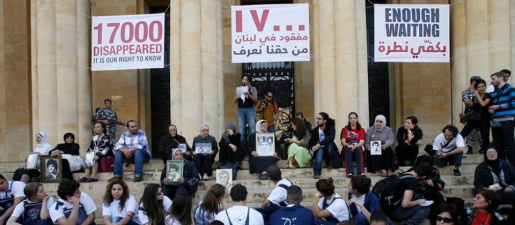

The ArMa Alumni Association was set up in 2016, following the graduation of the programme’s second cohort. It brings together over 100 graduates of the programme. It aims at gathering, organising, and supporting human rights and democracy activists in the Middle East, North Africa and the Mediterranean region. It is part of the Global Campus Alumni association that brings together graduates from the Global Campus’ 7 regional programmes.
The Association is working to create a strong network among its Alumni, strengthening its links with the international community, and helping in the development of human rights in the MENA region.
